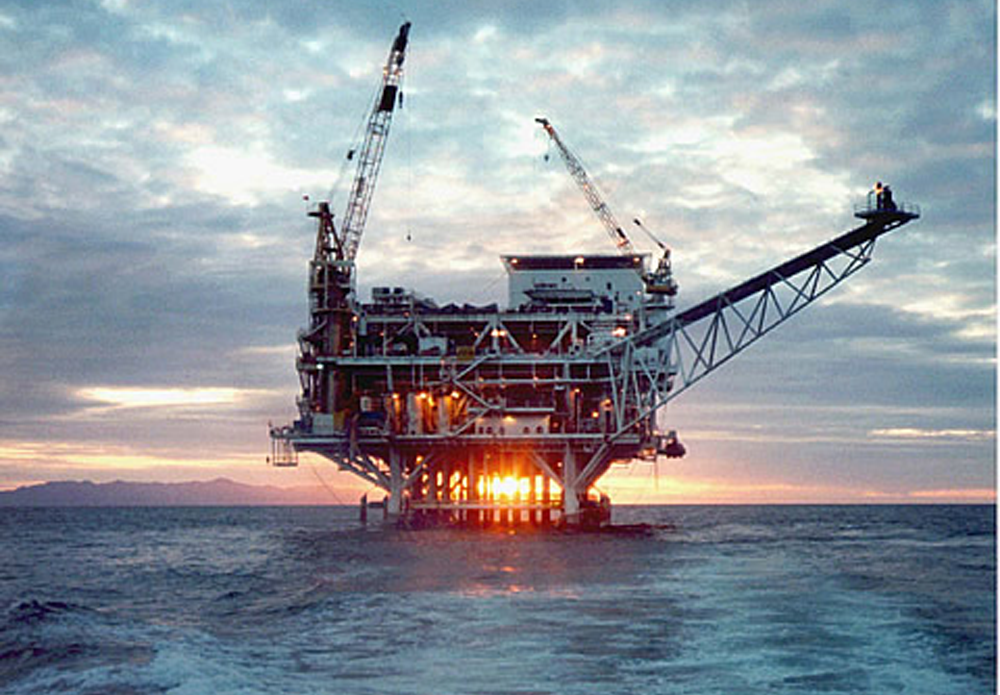Energy Independence in the U.S. Even More Critical Now

In a few months, the U.S. will be crowned the largest producer of natural gas and petroleum in the world.
Even more impressive, by 2030, U.S. production of oil and gas could exceed demand by 30%. That will give the U.S. control of the global fossil fuel market.
This is critical because, today, that’s not the case. Much of the world’s oil is produced in the Middle East.
The recent drone attack that killed Iranian General Qassem Suleimani is a perfect example of why energy independence is no panacea. After the attack, oil prices surged 4.8%, hitting an eight-month high.
Geopolitics are – and will always be – a significant component of global crude oil prices. And the recent attack will probably keep a “war premium” on crude.
That’s why energy independence is crucial for the U.S.
The Case for Independence
The U.S. continues to have a military presence in the Middle East. It underscores the level of American interest in the oil-rich region.
And geopolitical events can dramatically affect not only the oil supply but prices too.
Back in 1979, OPEC embargoed the U.S. and cut off oil shipments here. Oil prices skyrocketed and there were long lines at gas stations.
And when Iran targeted Saudi oil infrastructure via drone attacks last year, almost 5.7 million barrels per day were out of production.
However, energy independence in the U.S. would mean more price stability for consumers.
We would be less susceptible to – though not cured of – geopolitical mood swings.
For example, Canada has been energy independent for some time.
However, it was affected by oil price spikes in 2008. It also endured high prices during the period from 2011 to 2014.
In another vein, becoming the largest producer and increasing oil and natural gas exports will help to reduce our trade deficit over the next decade.
Be Wary of Fossil Fuels
As an investor, I view oil and natural gas from afar. The lack of financing in this sector is a concern everyone should be aware of.
Another concern I have is a dwindling customer base for fossil fuels. Both the European and Asian economies are focused on reducing fossil fuel consumption.
Unlike the U.S., those countries have all signed on to combat climate change. And U.S. exploration and production companies may need to curtail production soon.
Though, on the bright side, the number of jobs in renewable energy is ramping up much faster than the fossil fuel industry is ramping down. Ultimately, this will mean continued employment opportunities for former oil and natural gas workers.
In light of today’s international political climate, it would be wise for investors to reduce their exposure to fossil fuel investments. Renewables are the future no matter what war we’re fighting.
Good investing,
Dave






